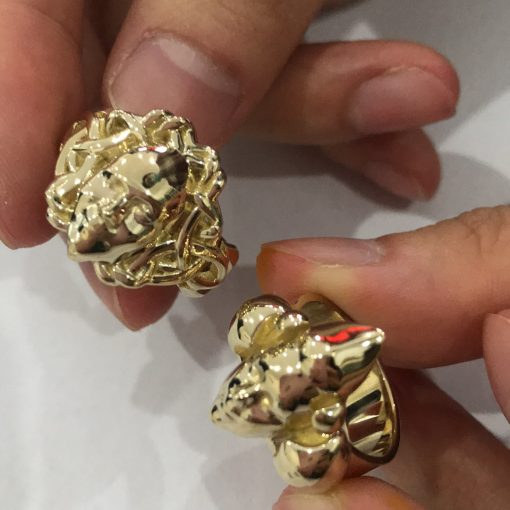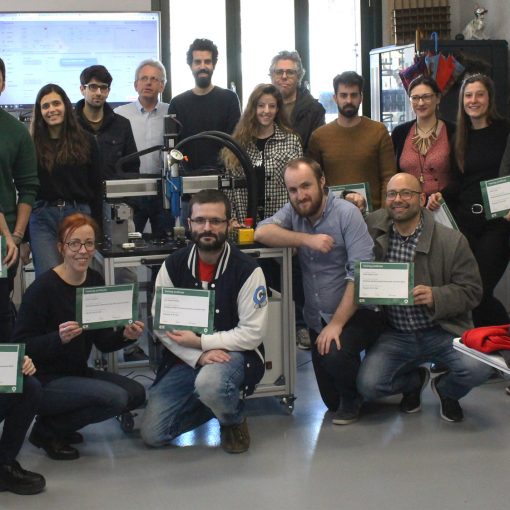“We have been attracted by the possibility of demonstrating in practice potential benefits deriving from the adoption of a system integrating sustainability principles coming from different sectors to obtain raw materials deriving from secondary sources”, explains Prof. Francesco Vegliò.
Within the FENIX project, UNIVAQ wants to develop a pilot-scaled plant producing secondary raw materials to be used in different sectors (jewellery, metal 3D printing, metal filament production). Secondly, UNIVAQ wants to follow the “Industry 4.0” paradigm, by exploiting smart sensors capable of sending information in real time to an online platform. This will allow the optimization and increase the market capacity of various productions. Thirdly, UNIVAQ wants to analyze the integration of Key Enabling Technologies (KETs) for the efficient recovery of secondary raw materials, it is therefore studying: the use of sensors for the control and management of the plant; the use of biotechnologies for the recovery of metals from e-wastes; and the production of nanomaterials. Obviously all the technologies studied have as their founding principle the notions of the circular economy.
UNIVAQ is operating in the field of hydrometallurgy since more than ten years. It carries out researches for the development of innovative raw materials recovery technologies from e-wastes, by participating in many European projects. These projects have led to the design and construction of mobile treatment plants for different types of e-wastes.
UNIVAQ is also a member of several spin-offs, including SmartWaste aiming to develop recovery technologies according to circular economy principles.




